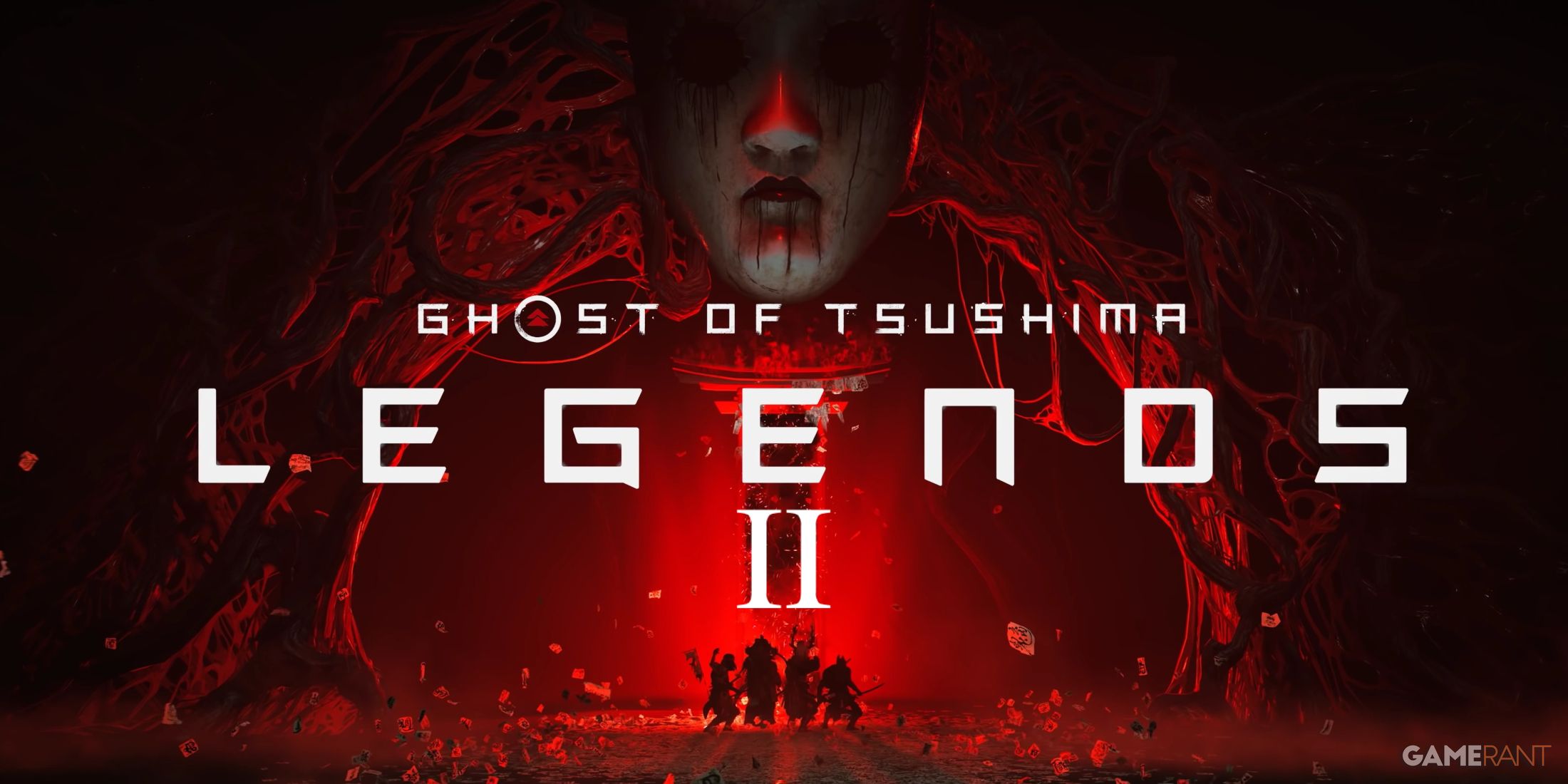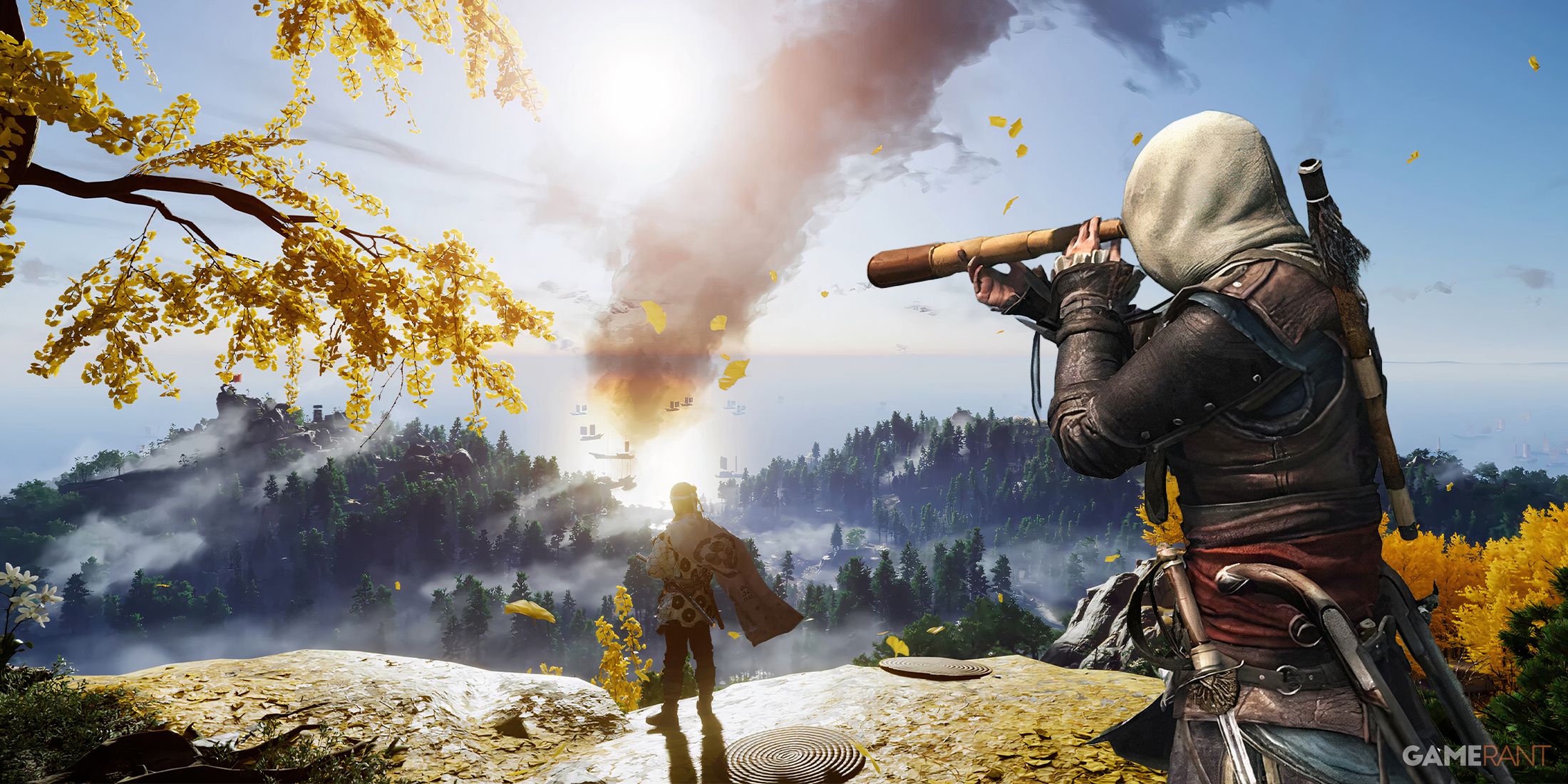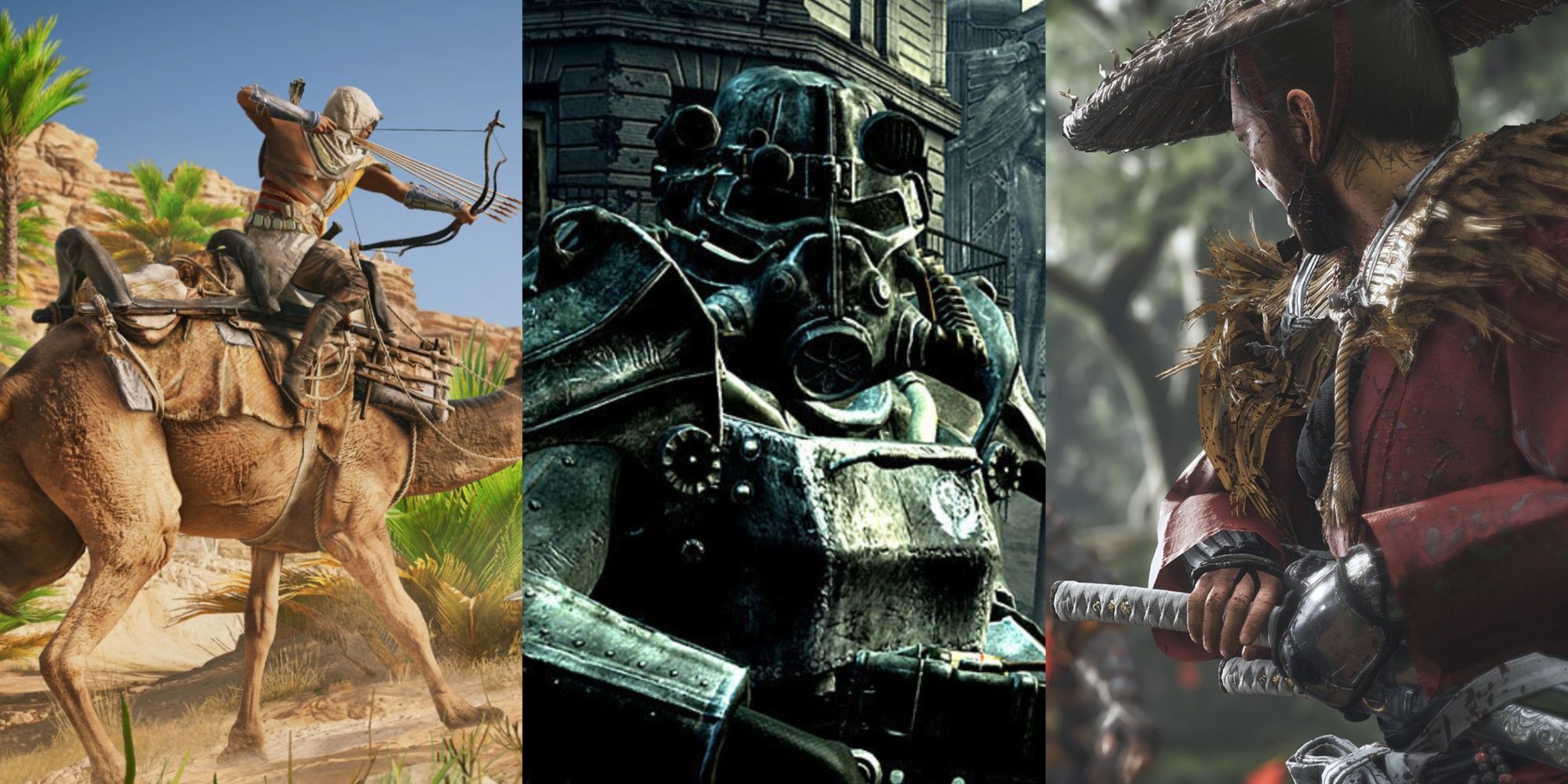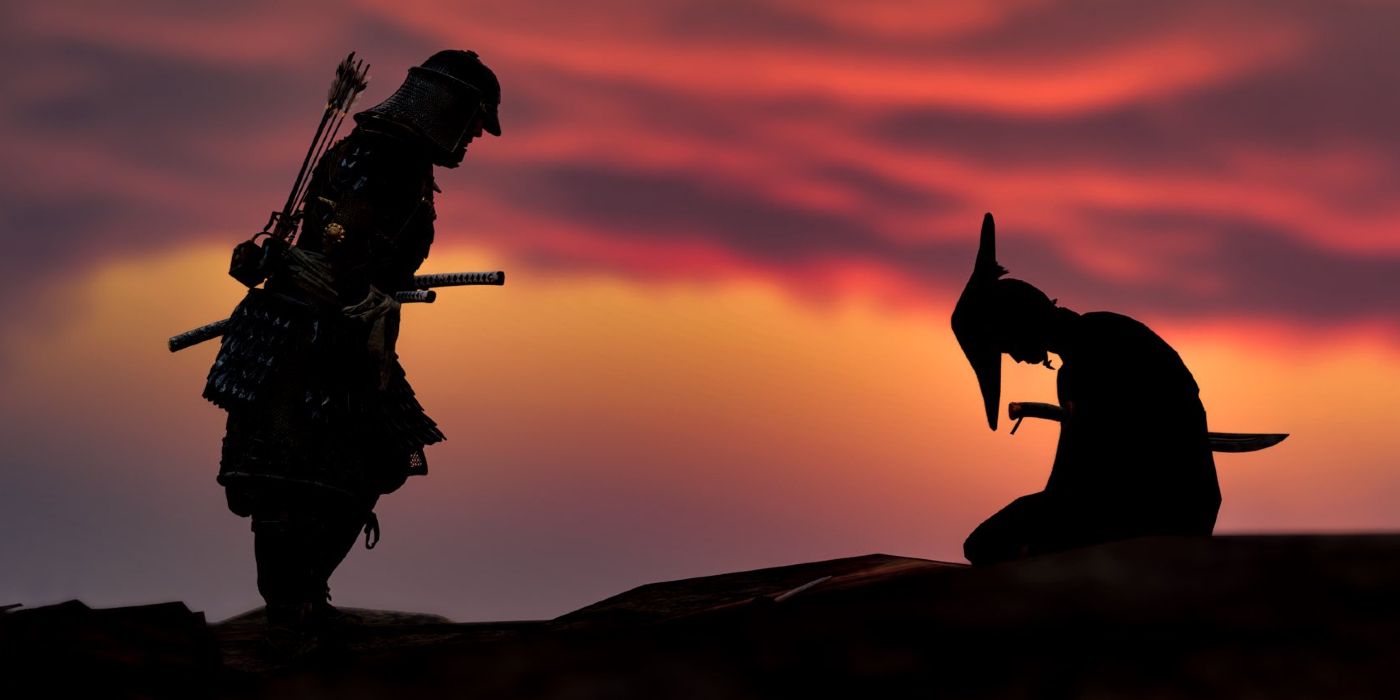A story of the Bushido code and a samurai's honor, Ghost of Tsushima has two major endings that reflect the game's divisiveness between the two paths, but getting the "good" ending may not be as straightforward as fans might think. This post contains major spoilers for the ending of Ghost of Tsushima.
Ghost of Tsushima tells the story of Jin Sakai as he learns the way of the samurai and masters the way of the Ghost. However, the latter is deemed disgraceful by Lord Shimura, Jin's master, because it utilizes tactics such as stealth killing and poisoning, which go against the samurai's way of honoring an enemy. This is Jin's inward battle throughout Ghost of Tsushima, as using dishonorable methods will ultimately save his people on Tsushima Island, but is disgraceful as a samurai. Throughout the game, Jin will actively decide between the two strategies, and it's precisely this decision that will force the good and bad endings of the game.
Ghost of Tsushima's Good Ending
It's unexpected that the game will lead to a battle with Lord Shimura, but after Jin refuses to follow his uncle's wishes in the Bushido code and is declared an outlaw, Shimura has no choice but to disband Clan Sakai and order for the Ghost's execution. Being bound by honor in the way of the samurai, the duty of killing Jin falls to his uncle, forcing the player to battle his uncle in the final fight of the game.
This is where the "good" and "bad" decision comes into play but being a reflection of the Kurosawa style, the decision isn't quite that simple. After defeating Lord Shimura—this is required for the game to progress—he will request a warrior's death. This means that Jin must either quickly end his life, or spare him and walk away. The decision is not as simple as it might seem. Up until now, Lord Shimura has taught Jin that the way of the samurai is noble, and even when finishing an enemy, they must be honored. It might seem that the game is suggesting to the player that this is the right decision, but this is in fact not true.
Though it may be the more honorable choice, killing a member of his own family goes against Jin's own morals. While it might be disgraceful to Shimura not to honor his wish for a warrior's death, the "right" answer is to spare him and walk away.
Even though this is considered to be the "good" ending to Ghost of Tsushima, it is, of course, not this simple, and fans have been quick to debate if this is actually the rightful choice. After sparing him, Shimura will denote the Ghost as a traitor to be hunted until the end of his days. But neither of the endings are inherently straightforward decisions, because either way, Jin will live on the run as a wanted man.
Ghost of Tsushima is out now exclusively for the PlayStation 4.





